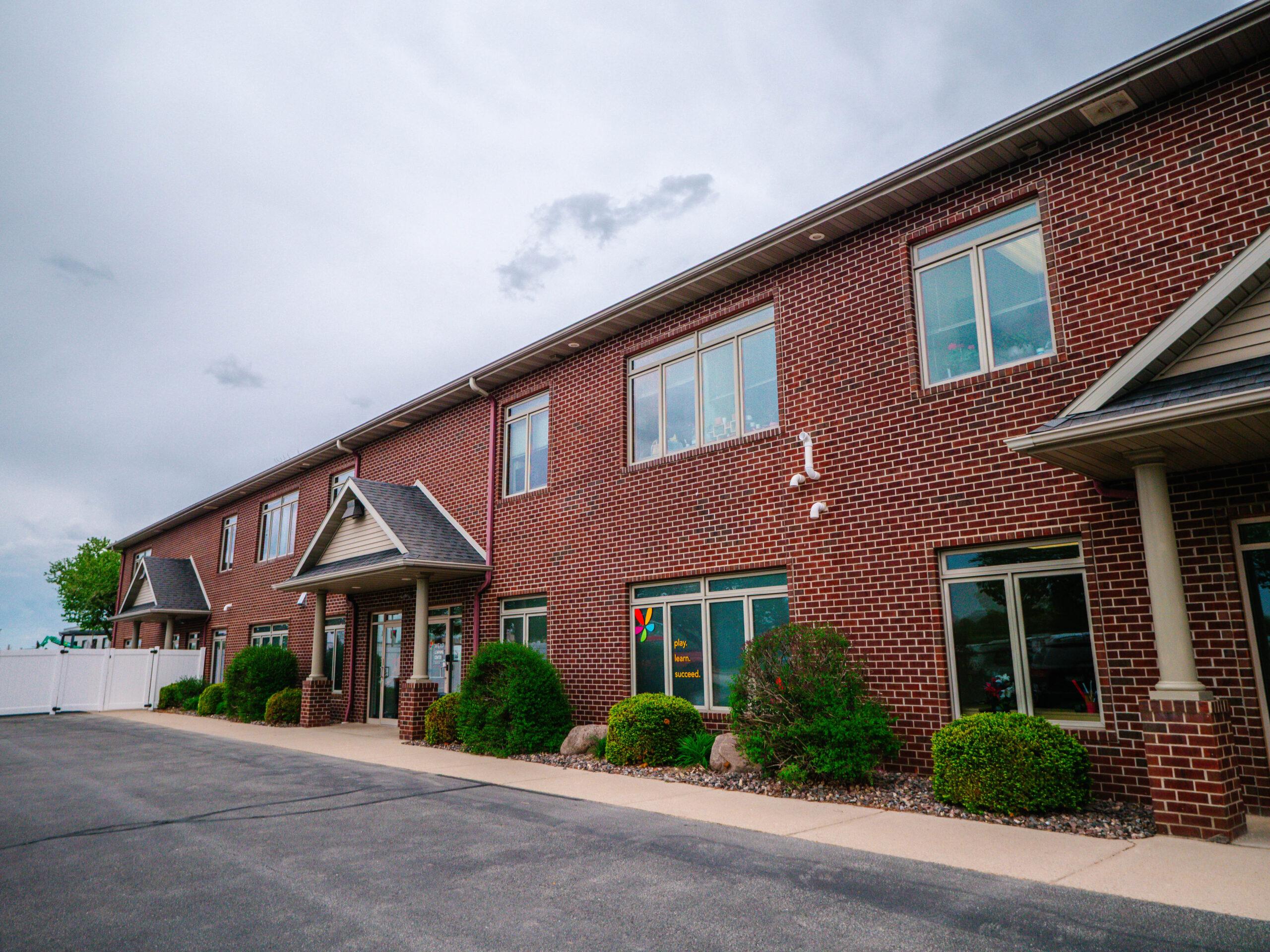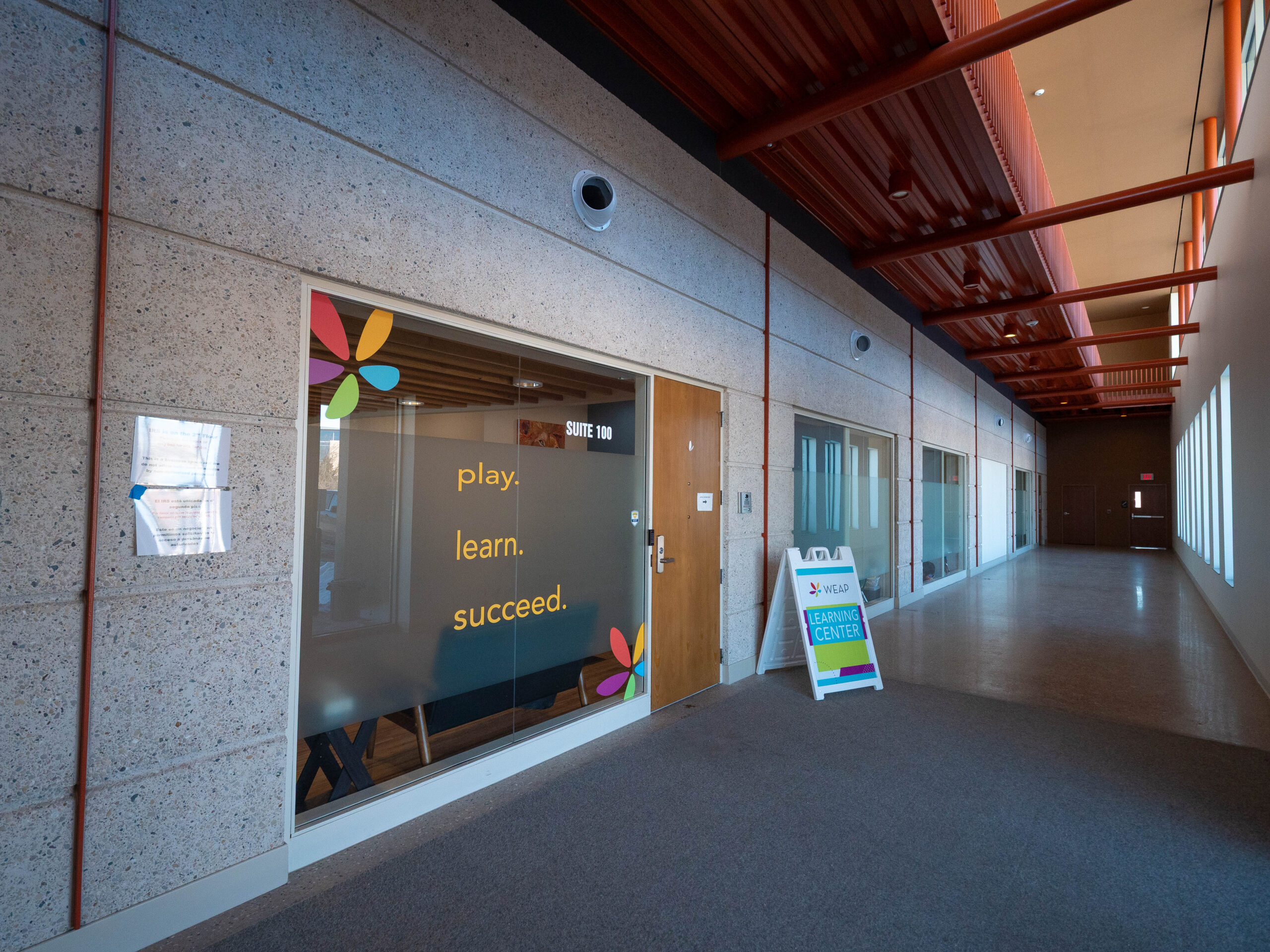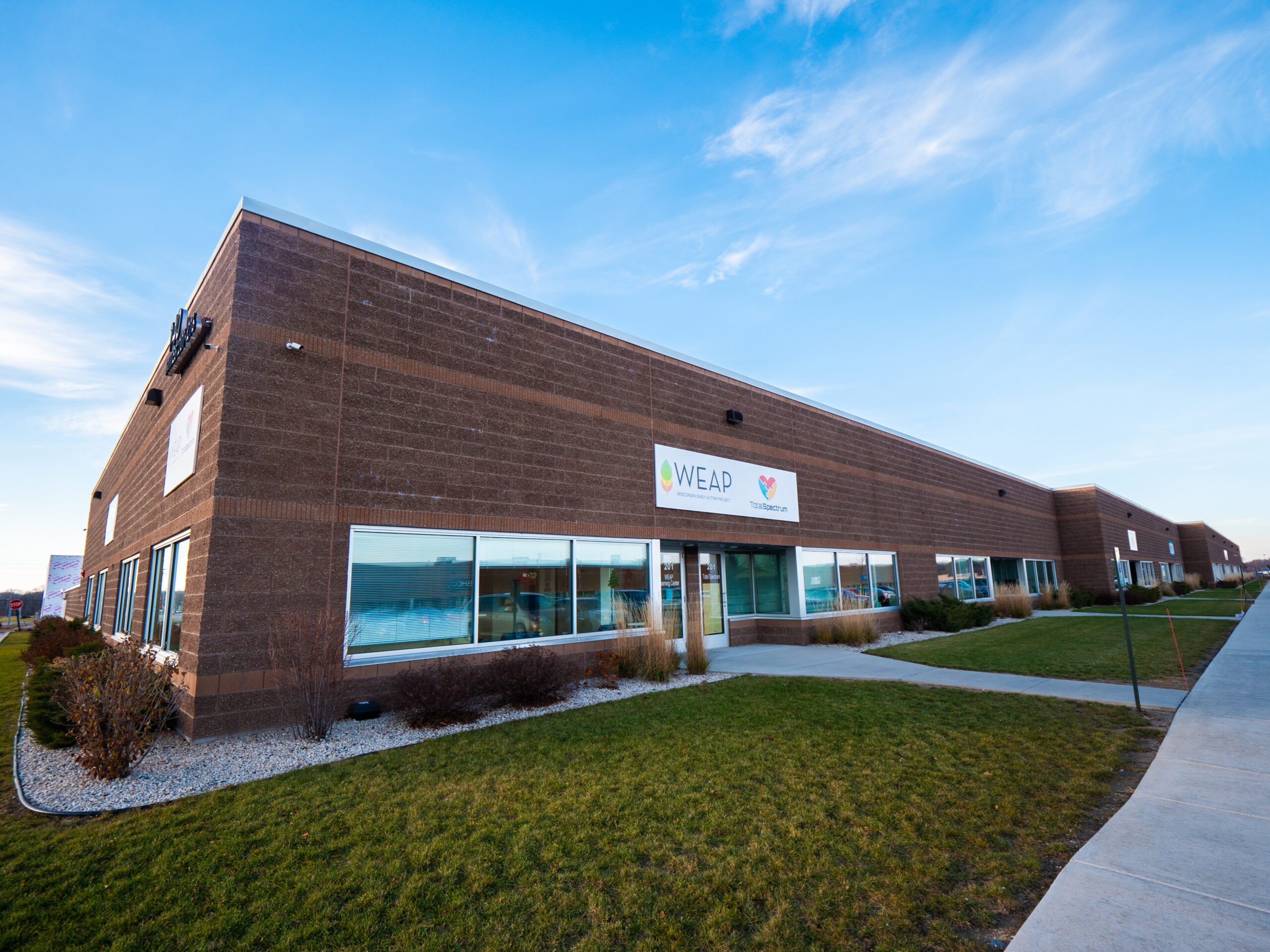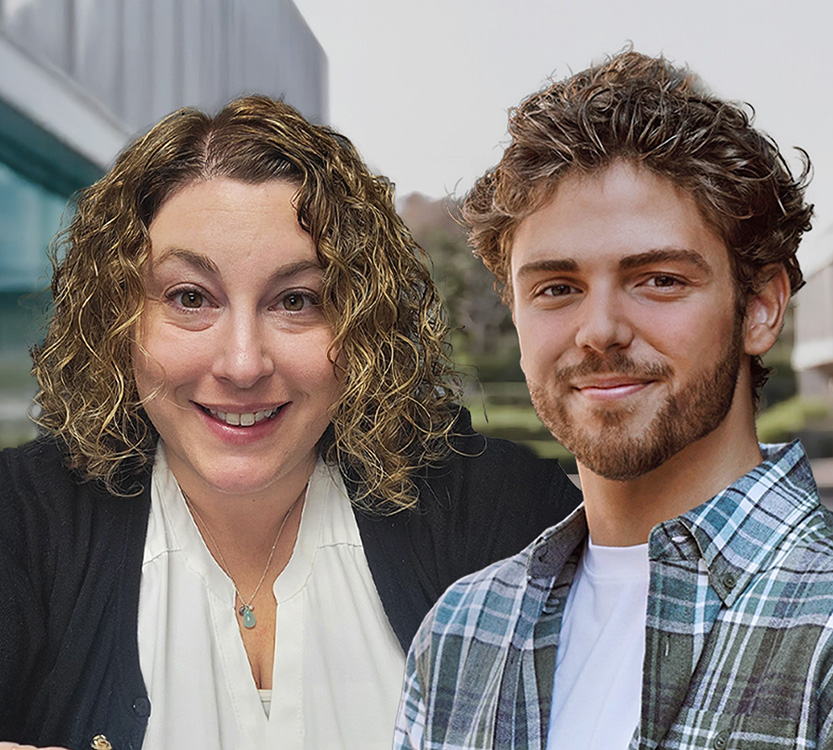Flexible Hours for Worcester County Families
Behavioral Concepts (BCI), a provider of LEARN Behavioral, is proud to announce the grand opening of its new Sturbridge Learning Center at 179 Main Street, Suite 2, Sturbridge, MA 01566.
BCI is Sturbridge’s premiere contemporary applied behavior analysis (ABA) provider of
center-based autism services for children ages 1-12 years. The Sturbridge Learning Center provides center-based ABA therapy, in-home ABA therapy, parent education, diagnostics, Early Intervention, and social skills.
The Sturbridge Learning Center also features an innovative Launchpad Learning Program, which focuses on children with autism ages 3 to 5 who are ready to transition from a one-on-one learning environment to a group setting to help prepare them for school. With Launchpad, half the day involves group activities with a 3:1 staff-child ratio, developing team skills and independence, and the other half of the day focuses on individual instruction, addressing personal growth areas.
“We are excited to have the opportunity to partner with new families by expanding our services in Worcester County,” said Annaleisa Delgado, BCBA, LABA, Regional Clinical Director for the Sturbridge Learning Center. “We value being a part of the Sturbridge community and look forward to collaborating with fellow organizations and professionals to help find success for every child in our care.”
Key Features of the Sturbridge Learning Center:
- Large facility with an indoor gross motor area and an enriching environment.
- ABA therapy, which includes a classroom-like environment, unique play-based learning spaces, and one-on-one support.
- Launchpad Learning, a preschool readiness program that empowers young learners for group success so they are prepared to enter kindergarten.
- Social skills programs to teach children communication skills.
- After-school and weekend treatment hours to accommodate busy family schedules.
- Serving children ages 2-12 years with personalized therapy plans.
- Conveniently located near Old Sturbridge Village, I-84, and US-20, and easily accessible for families in the region.
The center is now enrolling new clients based in Webster, Dudley, Southbridge, Sturbridge, the Brookfields, Ware, Spenser, Charlton, Brimfield, Warren, and beyond, with flexible treatment hours.
For more information or to enroll a child at the Sturbridge Learning Center, call 508-363-0200 or visit https://bciaba.com/locations/sturbridge
About BCI
BCI, part of the LEARN Behavioral network, is one of the nation’s leading providers of compassionate autism care. For more than 20 years, BCI has been delivering evidence-based services, helping children with autism find success and reach their unique potential.
The Sturbridge Learning Center is BCI’s fifteenth center-based ABA therapy location, with existing Learning Centers in Beverly, Brockton, Fitchburg, Framingham, Lawrence, Lowell, New Bedford, Newton, Springfield, Taunton, Wilmington, two locations in Worcester, MA, and one location in Nashua, NH.
About LEARN Behavioral
LEARN Behavioral is a national leader in autism treatment, offering comprehensive diagnostic services and contemporary applied behavior analysis (ABA) therapy for children with autism spectrum disorder (ASD). With a nationwide network of ABA providers and more than 100 Learning Centers across the country, LEARN delivers the highest standard of evidence-based care—customized to meet the unique needs and interests of each child and family. For more information, visit learnbehavioral.com.
















